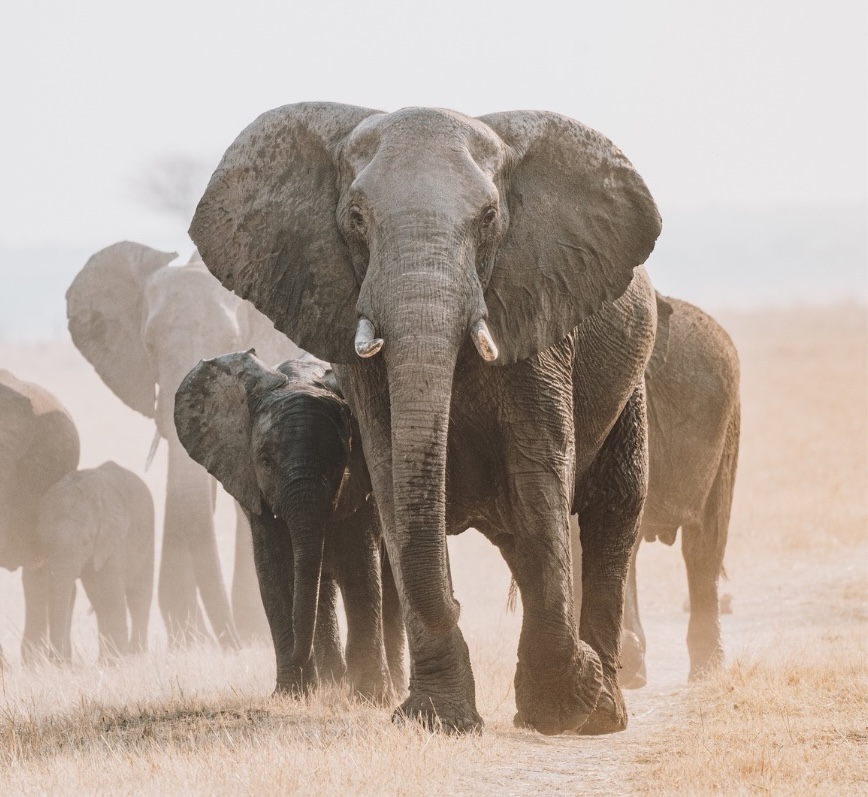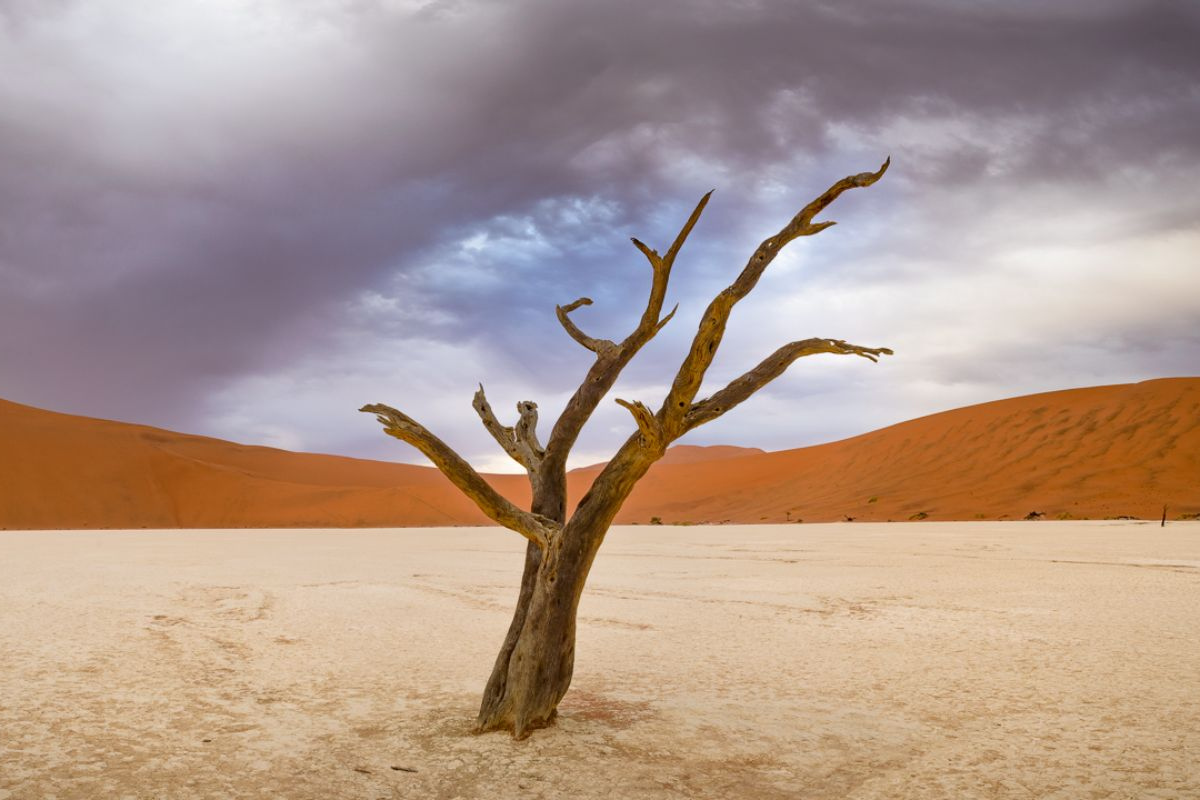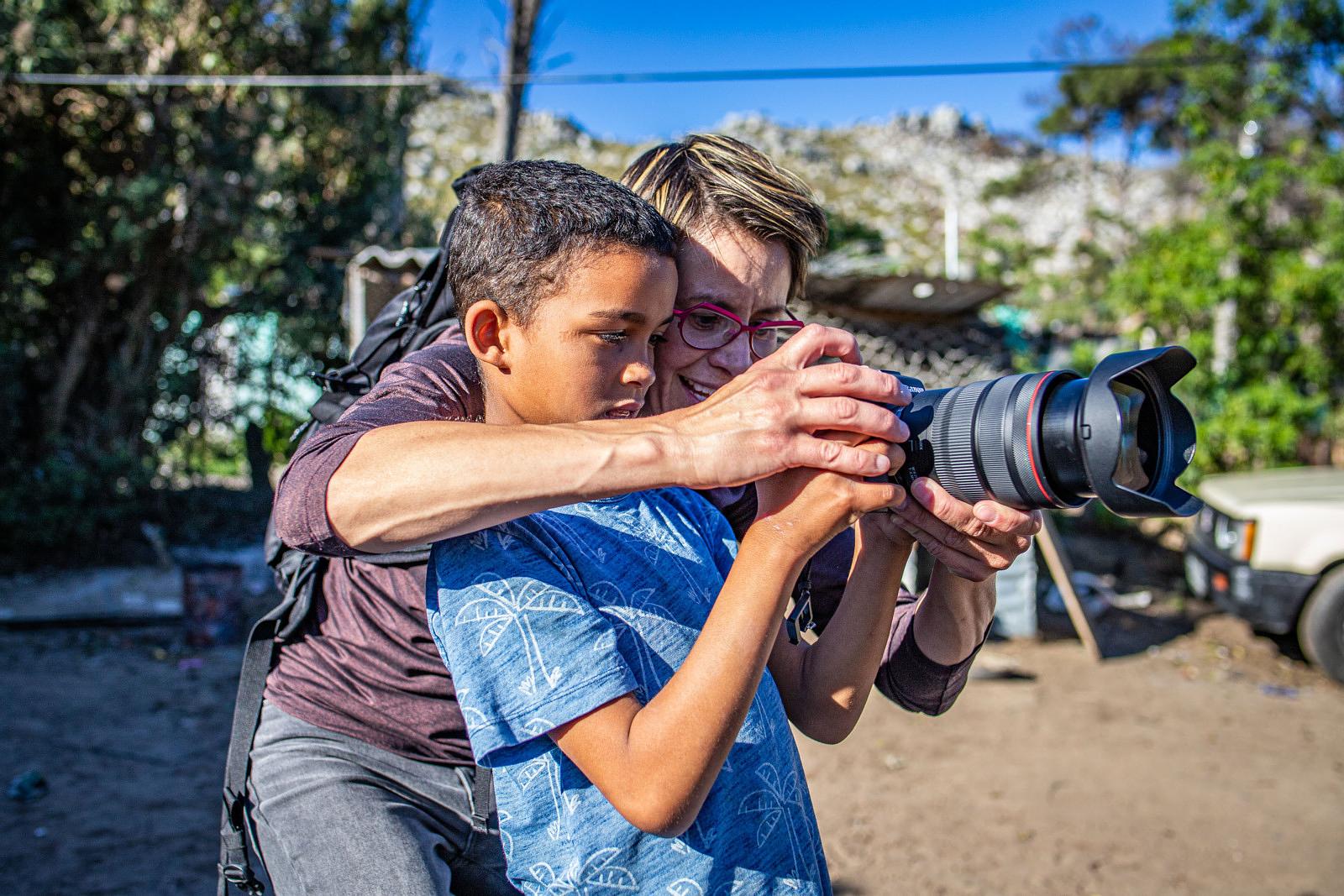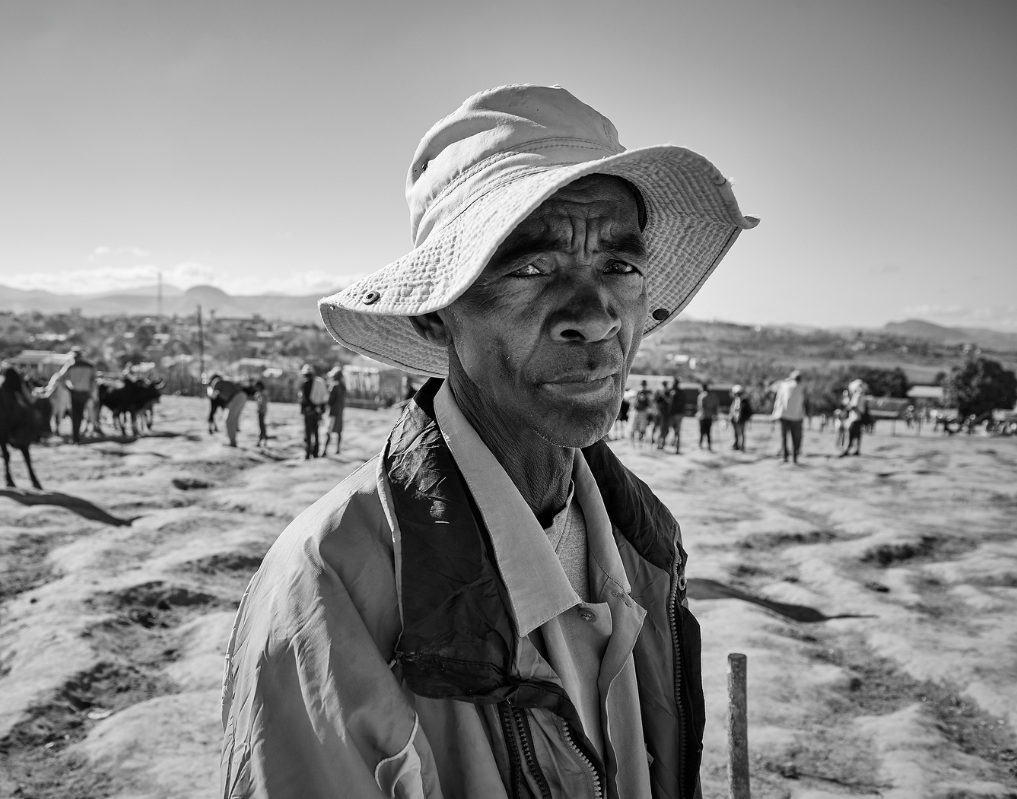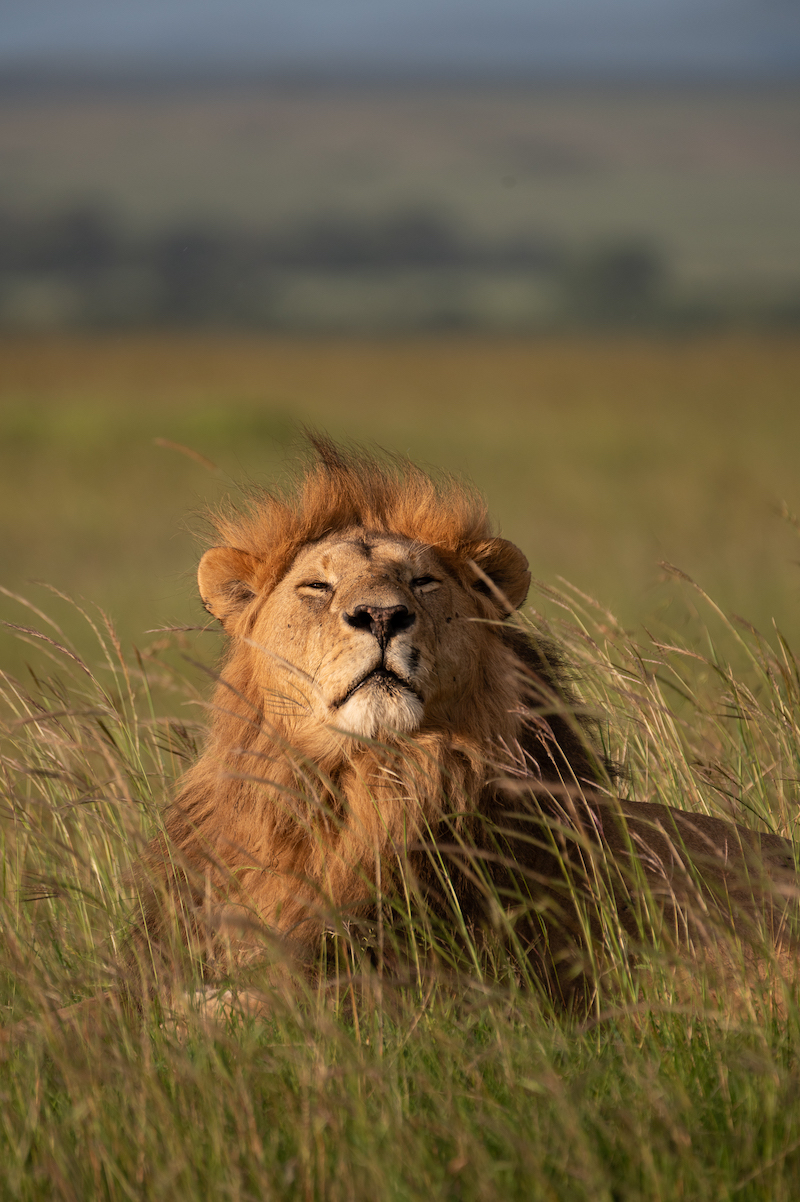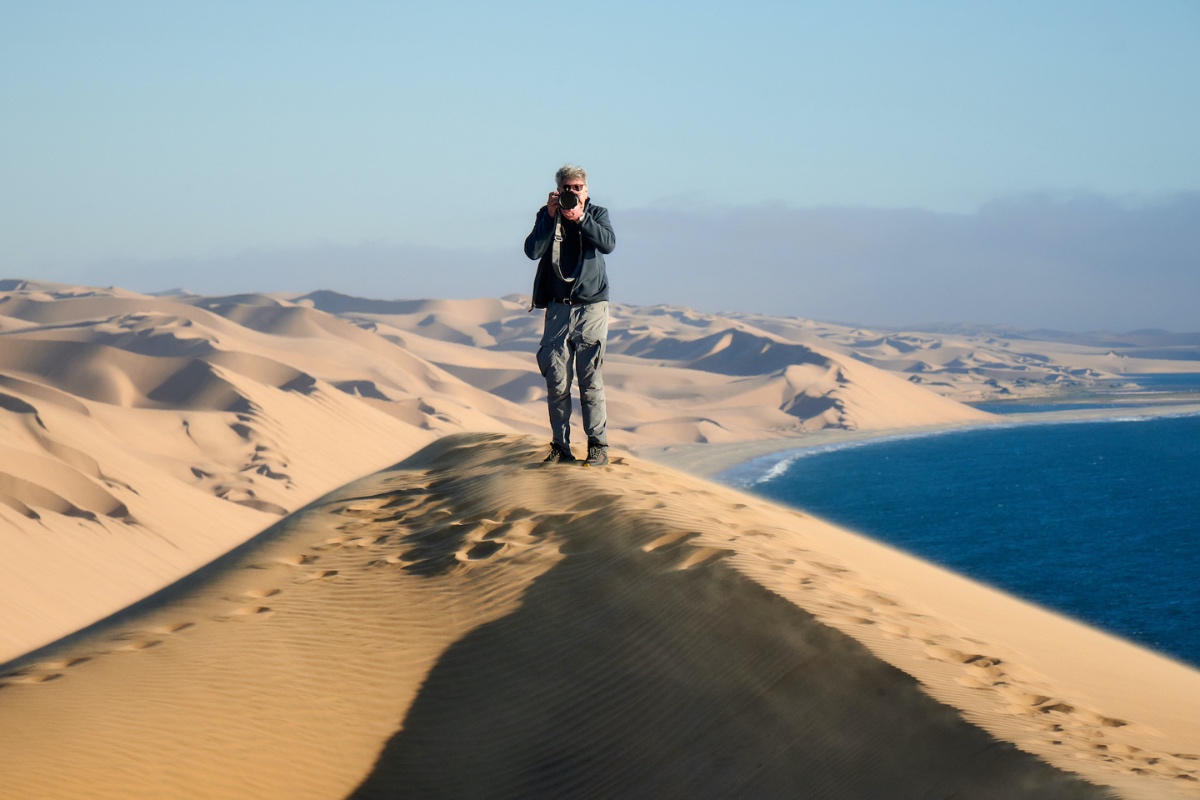Embarking on your first photography trip can be both exciting and, let’s face it, a little nerve-racking. As a beginner, planning and preparing properly can make all the difference between a frustrating experience and a rewarding one. In this guide, we’ll cover everything you need to know to make your first photography trip a success.
– By Heidi Hughes
Why join a photography tour?
A photo tour offers much more than just the chance to take pictures– it’s a unique opportunity to:
- Learn from experts: Professional photographers will guide you through various techniques, offering hands-on instruction and personalized feedback.
- Build confidence: Being in a new environment, especially one with stunning landscapes or fascinating subjects, pushes you to experiment and try new things with your camera.
- Capture amazing moments: You’ll have access to places and events that can be hard to capture in everyday life, which will help build your portfolio and photography experience













